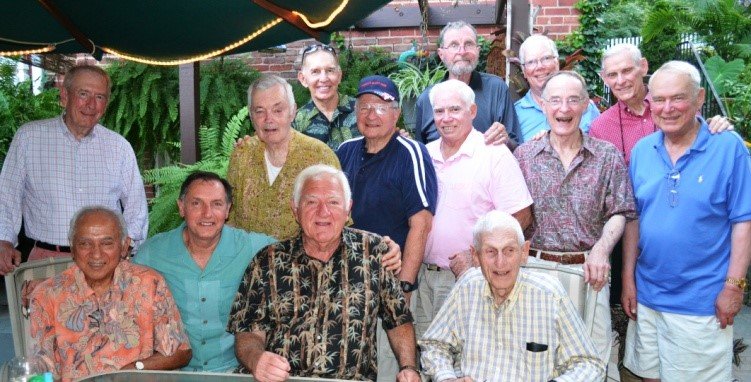Operation Homecoming 50 years later: 2 Colorado POWs speak on survival, triumph within the walls of ‘Hanoi Hilton’
COLORADO SPRINGS, Colo. (KRDO) -- Beaten. Tortured. Isolated. Mike McGrath and Orson Swindle survived brutality unfathomable to most. They were unbreakable. And now, 50 years later, they share an unbreakable bond with one another during what’s become a momentous anniversary.
"I always told myself, ‘we must prevail.’ And by golly we did,” said Swindle.
While a Marine Corps captain, Swindle spent six years and four months as a prisoner of war after being shot down in his F8 Crusader while flying a mission over North Vietnam, just north of the DMZ, in 1967. It was supposed to be Swindle’s last mission (of more than 200), one for which he volunteered.
“I was not convinced I would ever get out of this mess,” said Swindle, who grew up in Georgia but now resides in Morrison, Colo. "I was in this pit, and all night long I'm saying to myself, 'This is not real. I’m in a real nightmare here.’”
Mike McGrath, a retired Navy captain, spent five years and eight months as a Vietnam POW after he was shot down flying his A4c Skyhawk, also in 1967.
"I remember, I said my prayers, 'I'm gonna die.' Because they had me down by the river and they're beating me in the head,” said McGrath.
Both soldiers were held captive in the infamous “Hanoi Hilton.”
"I was in shock. If there's one thing that would be characteristic of anyone getting shot down, there is the effect of shock which is profound,” said Swindle. “To say there was no fear would be a lie."
McGrath, who suffered several broken bones as a result of his ejection from the plane, described the immediate torture he endured, just as many other captured American soldiers.
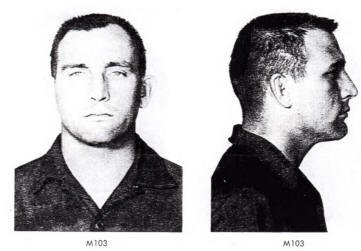
"They put me on my knees for 30 hours one time,” he said. "If they were really mad at you, they would hook you up, upside down, and hang you, and then beat you with hoses."
McGrath said, "The rats were everywhere. They lived in the ceilings."
This year marks the 50th anniversary of Operation Homecoming, a mission that essentially ended the Vietnam War, processing the release of 591 Vietnam POWs; McGrath and Swindle included.
Now, good friends, both retired soldiers met recently with KRDO Newschannel 13’s Josh Helmuth to reminisce everything surrounding their capture, imprisonment, and eventual release.
A talented illustrator, McGrath brought his book, “Prisoner of War: Six Years In Hanoi,” which depicts his drawings from inside the prison, most notably that of Swindle, whom he drew years before meeting.
“He was tough. He was a legend among the POWs,” said McGrath. “I said, ‘I’m going to draw this Marine.’”
Although no one knew him by name, McGrath was one of many who heard legendary stories of an “unbreakable” and “heroic” soldier, a Marine who refused to submit, despite the torture. It was a Marine who provided hope for all the other POWs.
That “unbreakable” soldier was Swindle.
“Once defeated, the real men got up and did it again and again and again,” said Swindle.
Aside from the repeated mantra of, “resist, resist, resist,” Swindle mentioned one key to staying alive – knowing how to lie.
"Don't forget how to lie and when you lie don't forget what you lie about so you can repeat it over and over and over,” he said.
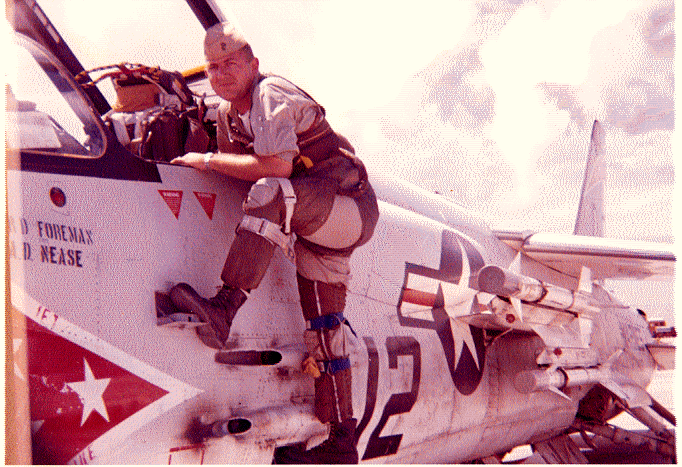
Swindle and McGrath also spoke of the tap code that soldiers used to communicate through the walls of the prison, a code that may have saved their lives.
“We passed languages through the room,” said McGrath, while giving a demonstration, knocking on a restaurant table in Lone Tree (CO).
Swindle added, “We'd go out and get tortured, and be dumped back in the cell, and the guy next to you, as soon as the guard walked out, I always referred to it as grabbing our hand, of course, it was through a wall, but they'd start tapping, 'how are you?' and you'd mutter something as best you could, and they'd just say 'hang in there, we'll talk tomorrow.'"
It was pivotal for the POWs to rely on each other.
"John Wayne is not going to come rescue you. Sylvester Stallone is not going to come rescue you. Nobody is going to help you,” said McGrath. "The human body is incredibly hard to kill. The human spirit is hard to kill. And no matter what people do to you, if you have good character you can get through anything."
One fellow POW who shared a cell with Swindle for two years, and who he held trust with was John McCain, who went on to become a prominent U.S. Senator.
"He was a tough guy. He did good work as a POW,” said Swindle.
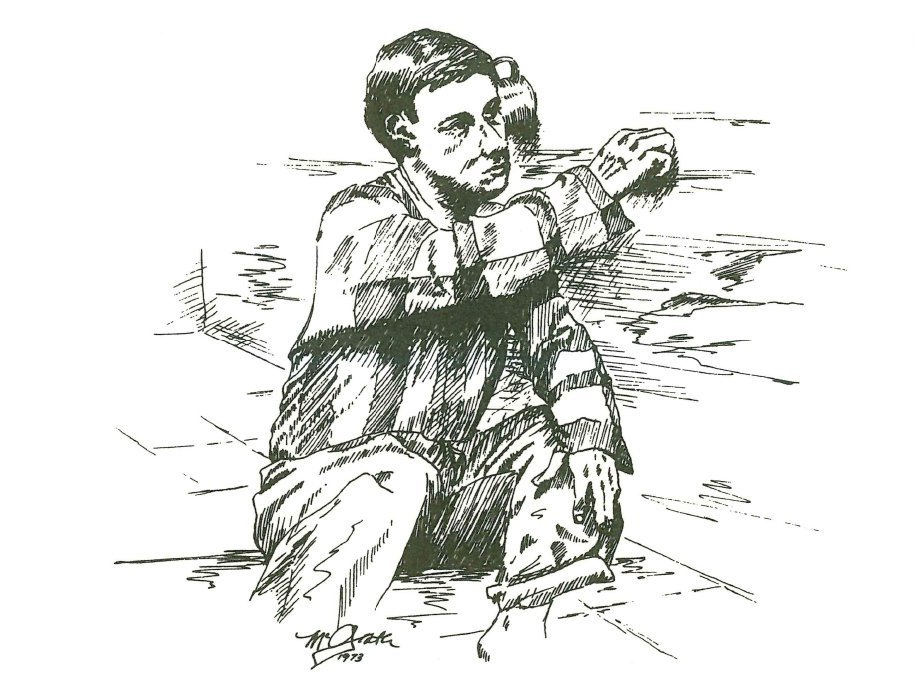
It was imperative for all of them to survive Vietnam with honor.
"If you do your best, that's all we can expect of you. That's all I'll expect of you. Just, when it's over, get back in the ring and start over again. And that's a great lesson because life is full with disappointments and when you let the disappointments drag you down, you're in deep trouble,” said Swindle.
Fortunately, their unparalleled tenacity and bravery paid off. By early 1973, they were on their way home.
“We had 40 to 50 POWs per airplane and we were ferried out of Hanoi to the Philippines, Clark Air Force Base,” said McGrath.
The former POWs were then debriefed, given medical treatment, clean uniforms, and deserving medals, before their final flight home.
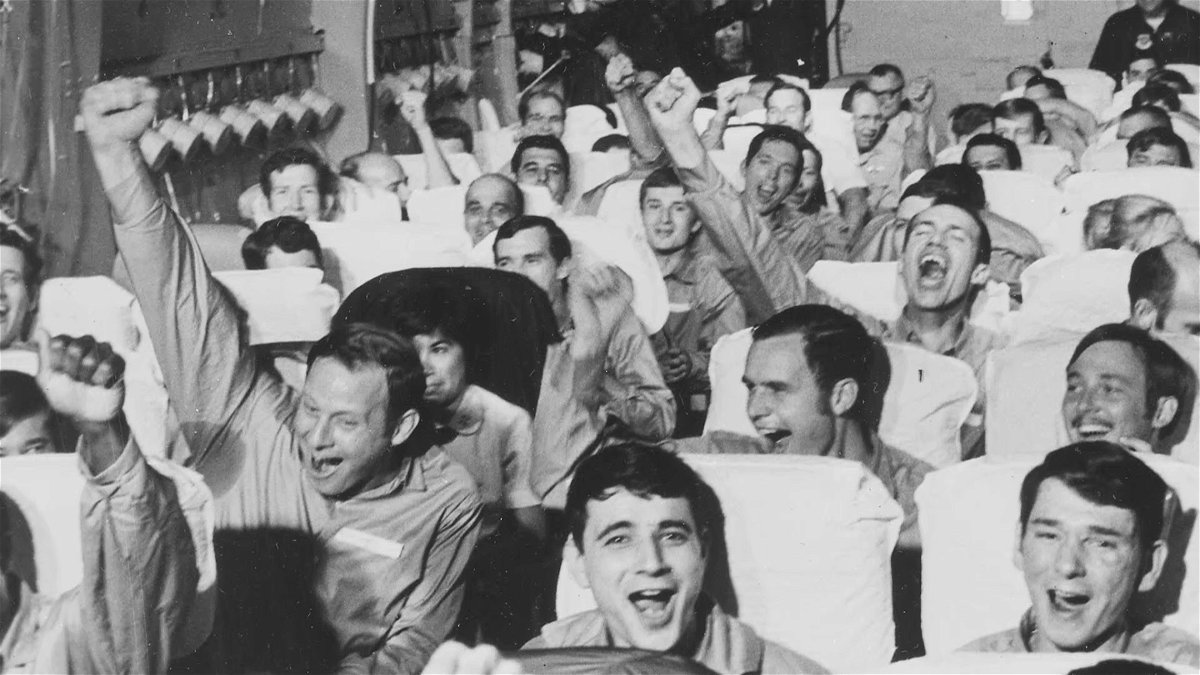
For McGrath, returning home after nearly six years, to a family who didn’t know if he was dead or alive, was like living as Rip Van Winkle. His boys were two and three years old when he left for Vietnam. Upon his return, they were eight and nine.
"When I left the kids had crew cuts. I come back and the wife says 'No, no. All the boys have long hair.'"
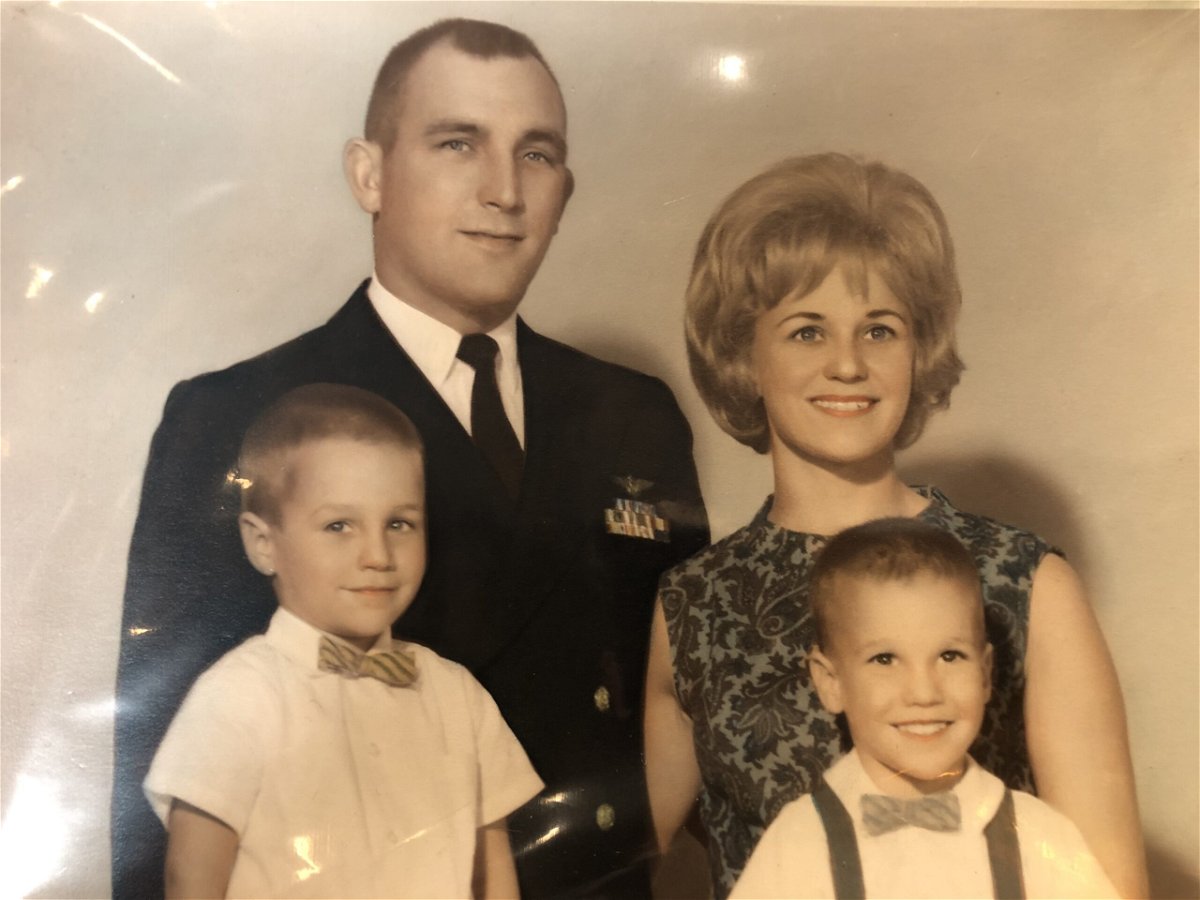
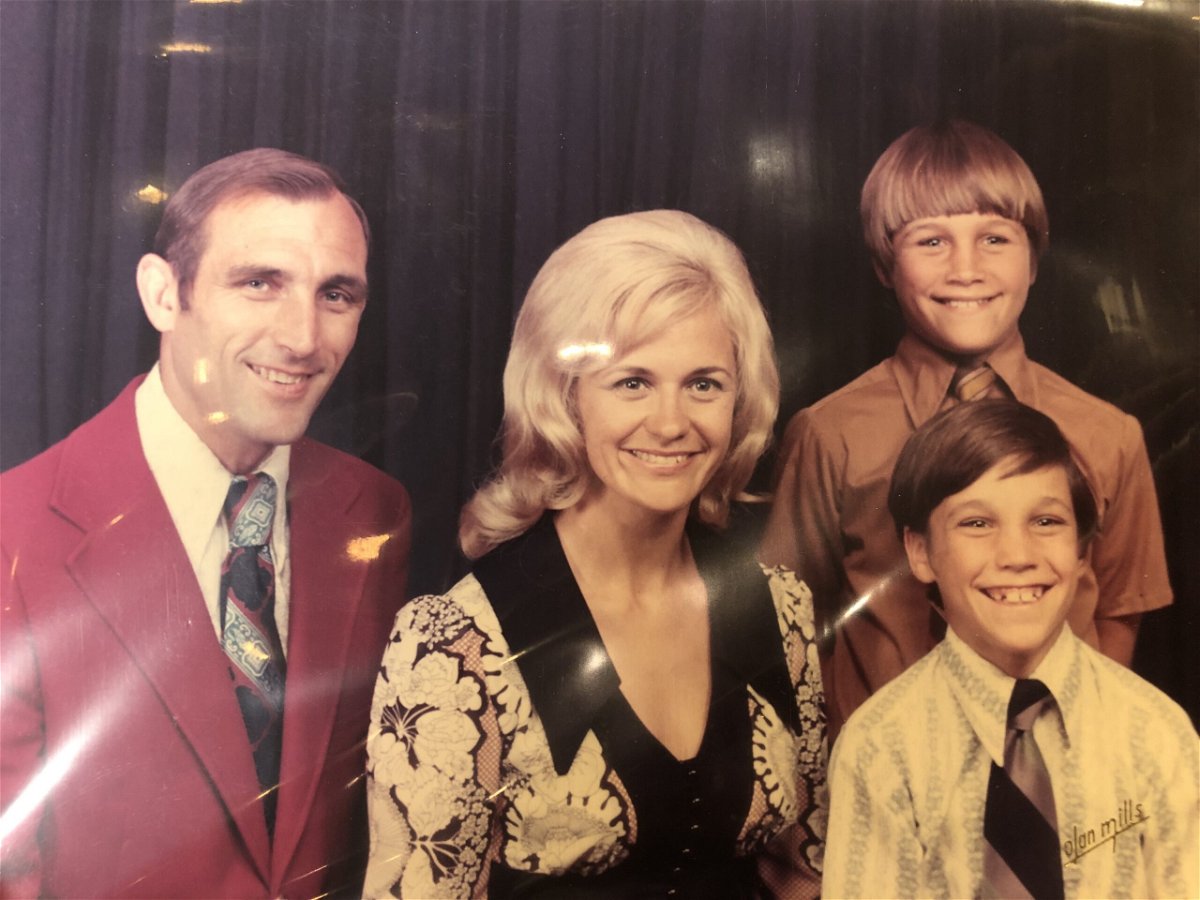
And aside from noticing the new polyester fabric, McGrath makes jokes about “missing out on mini-skirts" while in prison.
"Miniskirts came and went while we were gone,” he said.
“And so I never seen my wife in a miniskirt. But I know she has it packed in the cedar chest,” McGrath grinned.
The two friends crack a lot of jokes, eat great food and talk more about their triumphs than anything. They admit they’ve been told by medical professionals regarding how well they’ve handled their return to American life after years lost as a POW. Swindle and Orson both say it’s because they’ve been open to talking about what happened to them since the beginning.
"If I had to pick one thing, we were open about what we had been exposed to and what happened to us and what we did in defeat, if you will, in yielding,” said Swindle.
McGrath said "The hard lesson to be learned, with all of our friends who did the right thing and resisted, and were honorable, then I carried it, for me, the rest of my life. It's easy, just do the right thing. Don't lie, cheat or steal. Live by the golden rule, do the right thing, and continue the character you had in Hanoi."
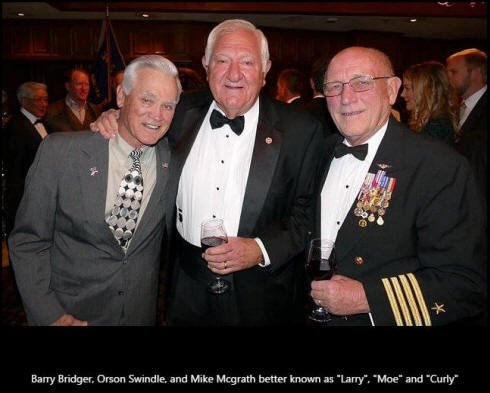
Meanwhile, they both remember all those who didn’t come home from Hanoi.
“We left people behind. And that’s tough. Mike and I are blessed,” said Swindle.
"We witnessed death up and close. We've lost a lot of good friends,” added Mike.
As for their thoughts on the Vietnam War and signing up to serve, remarkably, they say they have no regrets.
"I have no regrets,” said Swindle. “I mean, that's sort of folly, [to think] that didn't happen. We know what happened, so let's play with that and see how we cope with that.”
"We accomplished many things, made many mistakes, but by God, it's worth living and I have never really resented a thing about it,” said Swindle. "The best thing you can say about any of us is that we kept the faith with each other. And we did our duty.”
"From our points of view, we just did what we were trained to do and we did it well and we did it honorably, “said McGrath.
“I still wish I could fly that F8 Crusader,” laughed Swindle.
As part of the 50th anniversary of their homecoming, McGrath, Swindle, and several other Vietnam POWs were flown to the American Heritage Museum in Boston in February to be part of the first group to see their new “Hanoi Hilton” exhibit. The museum shipped in remnants of the prison camp and rebuilt it – giving Swindle and McGrath a chance to sit in the same cell in which they lived more than 50 years ago.
Swindle called the exhibit “unreal,” saying it was very “moving.”
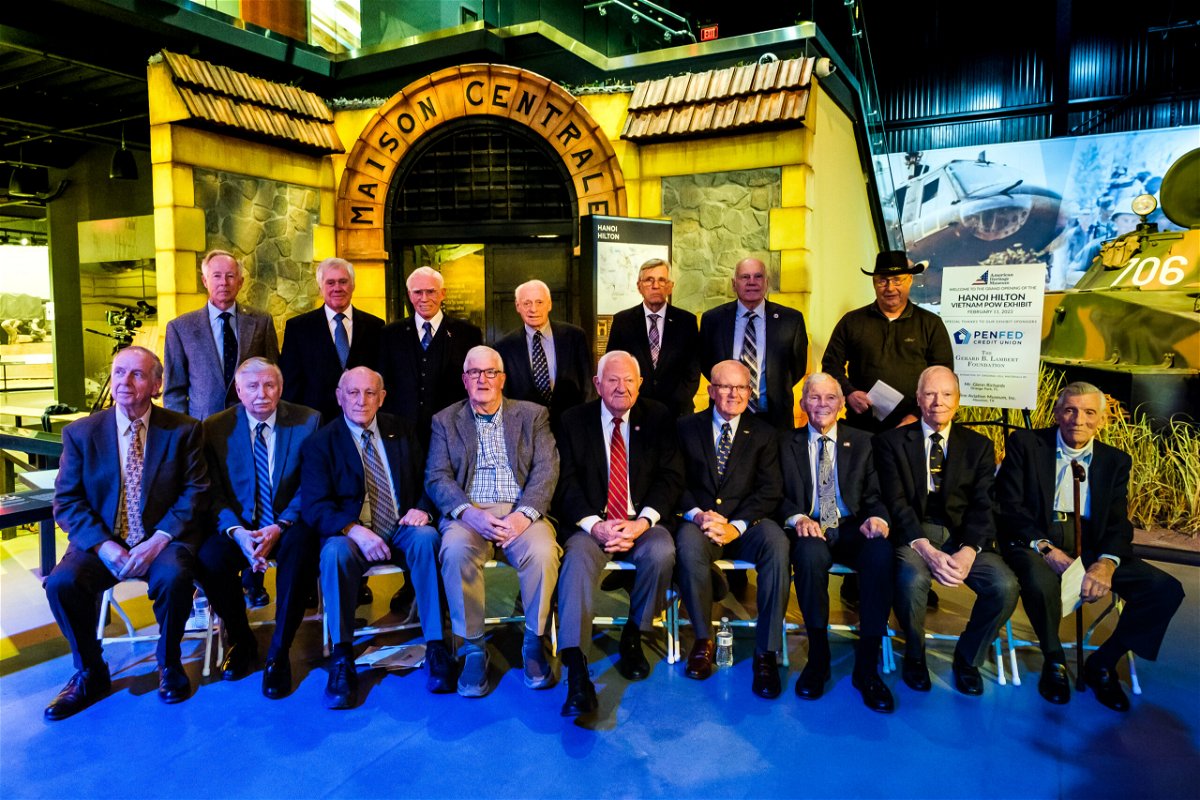
As for what happened since their release in 1973, McGrath and Swindle both went on to have wildly successful careers: McGrath with the Navy and United Airlines, Swindle in government, most notably eight years under the Reagan administration.
McGrath has been awarded the Defense Superior Service Medal, two Distinguished Flying Crosses, 17 Air Medals, two Bronze Stars, two Purple Hearts, the Navy Marine Corp Medal as well as the POW medal. He also has a master’s degree in financial management.
Swindle has been awarded two Purple Hearts, two Silver Stars, and two Bronze Stars. He has a master's degree in managerial science.
The pair will fly to California later this spring to the Richard Nixon Presidential Library for a “50th Freedom Reunion,” with fellow POWs who came home in 1973, even having a replica dinner of which they had with President Nixon upon their return home 50 years ago.
You can buy McGrath’s book, Prisoner Of War: Six Years in Hanoi, on Amazon.
